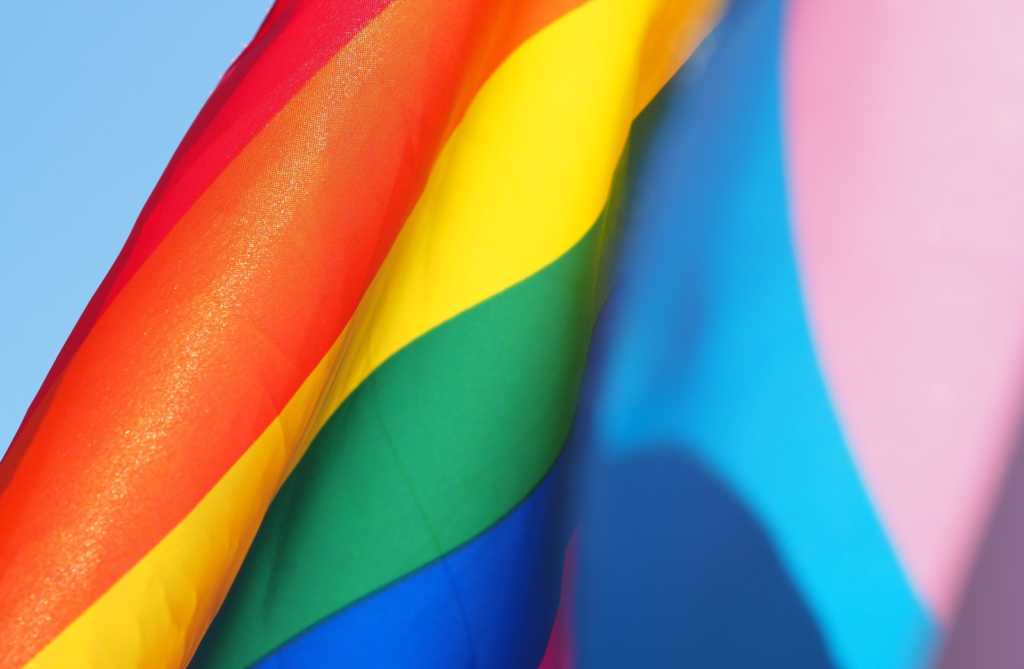A Christian ministry in Northern Ireland that offers therapy to people with unwanted same-sex attraction is suing a major bank for closing its account over the group’s faith-based beliefs.
Michael Phelps of the religious legal group Christian Concern told This Is Money he believes Barclays Bank is discriminating against Core Issues Trust, the faith-based ministry that grants support to those “voluntarily seeking to leave homosexual behaviors and feelings.”
“This is about the belief [CIT] holds concerning sexual orientation — that it is not necessarily innate or that you are born with it, that it can change over time, and that change can in part be affected by therapy that you undertake,” Phelps told the outlet. “Barclays is not being asked to propagate a message it disagrees with, but to provide a bank account.”
He went on to accuse Barclays of “acing as a moral arbiter of what views in society are acceptable and not acceptable.”
Faithwire reported of the closure in July, when Barclays shuttered CIT’s account. Mike Davidson, an executive with the ministry, argued at the time the closure was the result of “a coordinated campaign.”
Jayne Ozanne, a gay evangelical who led the effort against CIT, accused Davidson of being a “practitioner and promoter of conversion therapy.” Davidson, for his part, has rejected the “accusatory term,” saying the phrase has been linked to extreme and dangerous treatments like “corrective rape” and electroshock therapy, which he has denounced.
Barclays has, however, defended its decision.
“Our terms and conditions — like other banks — allow us to end a relationship with any customer, provided we give two months’ notice,” the bank said in a statement.
U.K. Prime Minister Boris Johnson has vowed to eventually ban so-called “conversion therapy” in the country.
“On the gay conversion therapy thing,” he said in July, “I think that’s absolutely abhorrent and has no place in a civilized society, and has no place in this country.”
What else?
According to The Christian Post, CIT has made it clear it “respects the rights of individuals who identify as ‘gay’ who do not seek change, and supports dignity for LGBT persons.”
Those who seek support, the group stated, are generally “people of faith, and often they have experienced sexual feelings that are unwanted, or have found themselves addicted to sexual behaviours or fantasies that have become damaging. They want to change their lives and find different ways of living. They also seek a different understanding about what they have experienced.”



